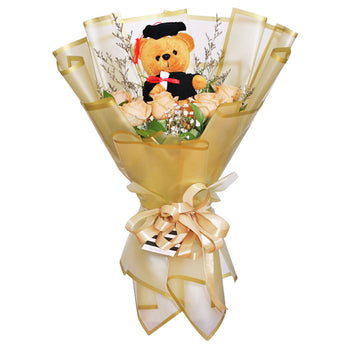- KOMBO99 menawarkan permainan stabil dengan peluang jackpot yang lebih konsisten. Akses cepat, fitur lengkap, dan performa yang cocok untuk pemain yang mengejar hasil maksimal.
LIVE RTP PROVIDER
Update berkala • Info hiburan

AZTEC GEMS
RTP 95.98%

GATES OF OLYMPUS
RTP 96.84%

MAHJONG WAYS
RTP 97.68%

MAHJONG WAYS 2
RTP 98.35%

STARLIGHT PRINCESS
RTP 95.33%

AZTEC GEMS
RTP 95.98%

GATES OF OLYMPUS
RTP 96.84%

MAHJONG WAYS
RTP 97.68%

MAHJONG WAYS 2
RTP 98.35%

STARLIGHT PRINCESS
RTP 95.33%
- KOMBO99 menawarkan permainan stabil dengan peluang jackpot yang lebih konsisten. Akses cepat, fitur lengkap, dan performa yang cocok untuk pemain yang mengejar hasil maksimal.













 BONUS
BONUS
 LOGIN
LOGIN
 DAFTAR
DAFTAR
 ALTERNATIF
ALTERNATIF
 LIVECHAT
LIVECHAT